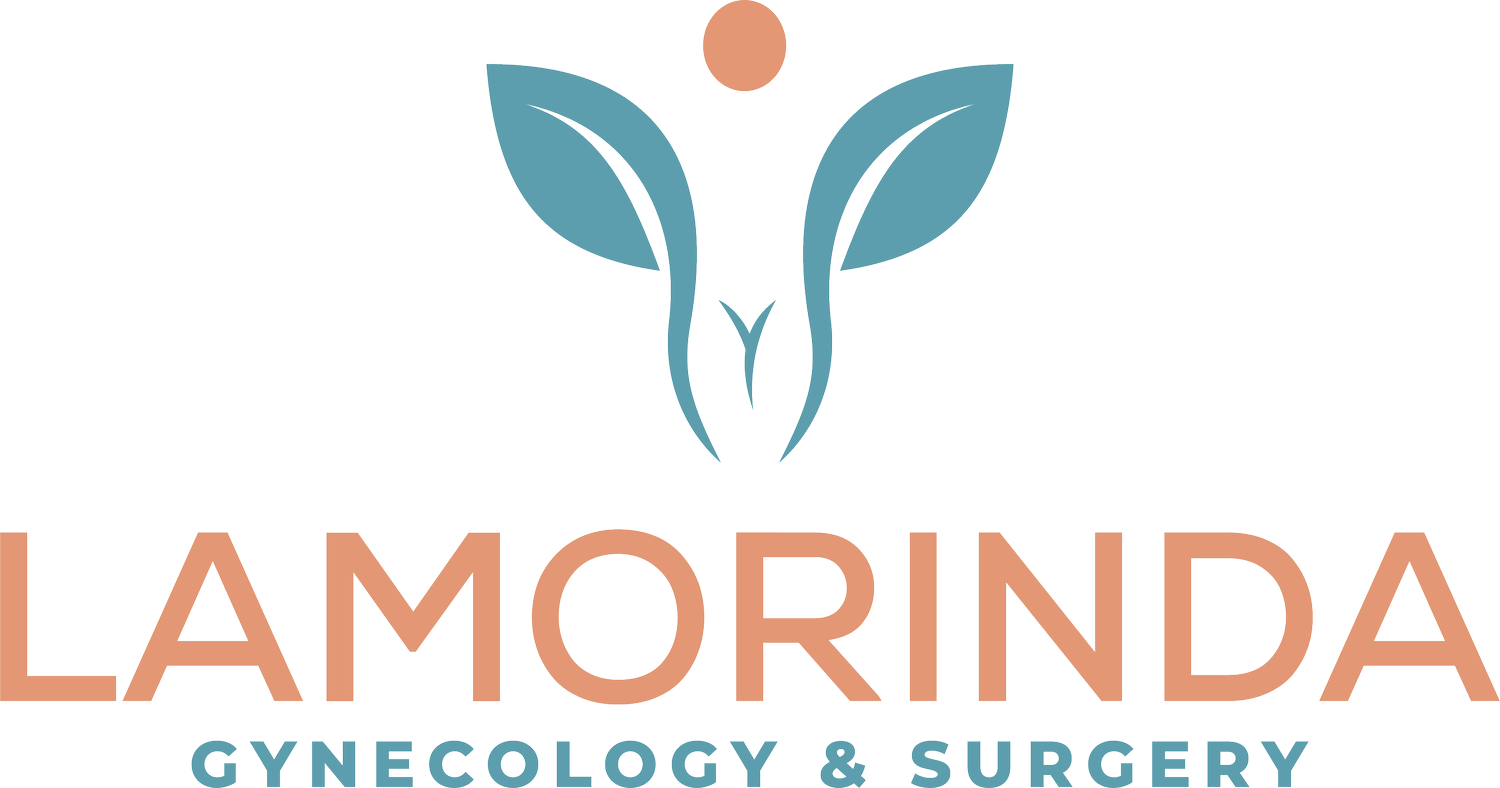When Should You Consider Hormone Testing? Understanding the Role of Symptoms in Diagnosing Menopause
In my clinical practice, I often emphasize that there isn't a "magic number" in hormone levels that definitively indicates whether someone is entering menopause or needs to start hormone therapy. Instead, the approach is more nuanced, heavily relying on the patient's symptoms and their overall health picture.
For women in their late 30s experiencing symptoms like brain fog, fatigue, hair loss, and heart palpitations, it may be wise to consider hormone testing. Although these symptoms can be indicative of various conditions, they can also signal changes in hormone levels that precede menopause.
I generally recommend conducting these tests on day three of your menstrual cycle, provided you are still menstruating. This timing tends to provide a clear snapshot of where your hormone levels stand. However, interpreting these results isn't about finding a specific threshold that dictates a need for hormone therapy. Instead, it's about understanding the broader context of your symptoms and health status.
At 39, if you're noticing changes that could be related to hormonal shifts, getting your hormones tested is a reasonable step. This doesn't necessarily commit you to hormone therapy but can be crucial in piecing together your overall health landscape and determining the best approach to manage your symptoms effectively.
If you are in California and you are looking for an expert gynecologist, come and see me!
I'm in Lafayette, CA and the contact number is 925-74-7473 , and I'll be happy to see you for a consultation.
You can set up a coaching session with me, email: thefibroiddoc@gmail.com , and we can set up a time and go over all your questions.
For more educational videos like this, visit our YouTube channel.
